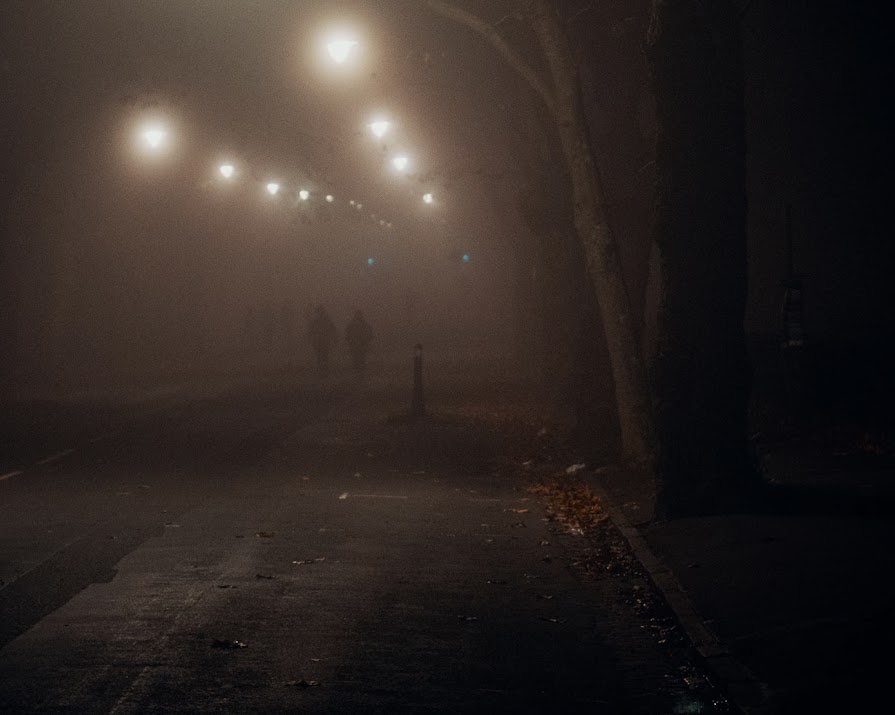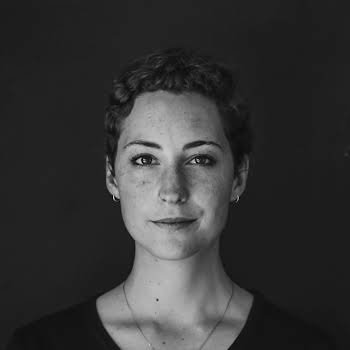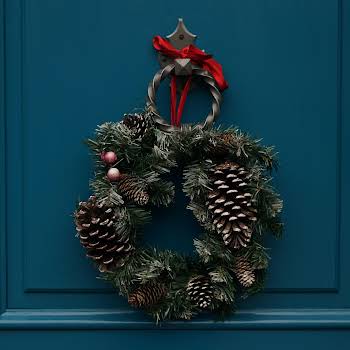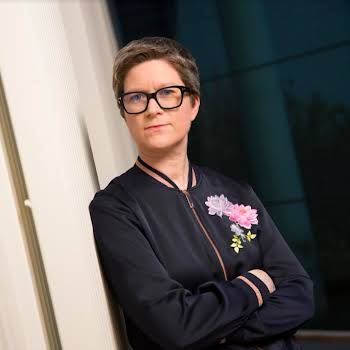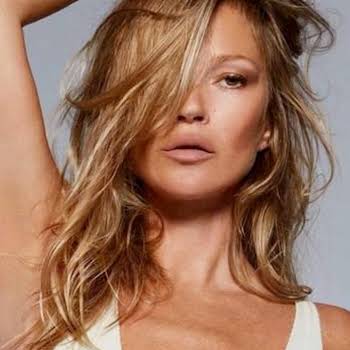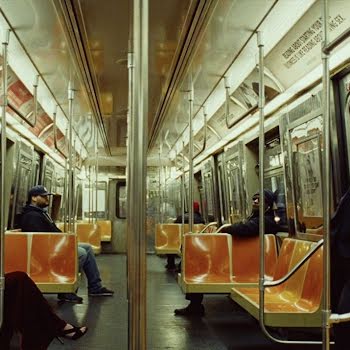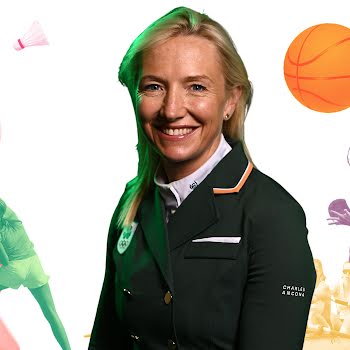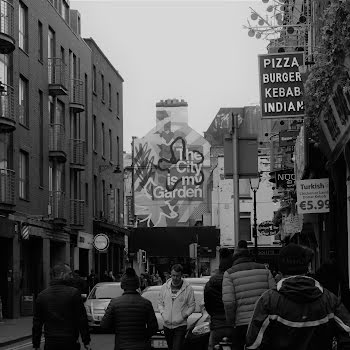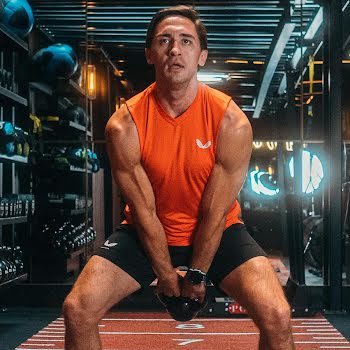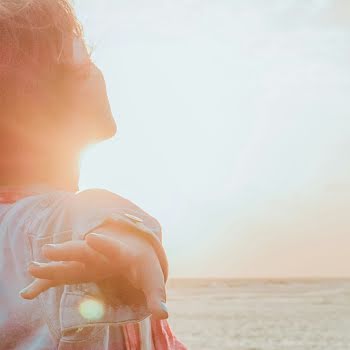I feel safer out walking at night with a vulnerable baby than without. Here’s why
By Dr Clare Moriarty
16th Jan 2022
16th Jan 2022
Dr Clare Moriarty, mum and Trinity academic, tries to understand why she feels safer out walking her baby to sleep at night than she does alone.
In the last few harrowing days, I, like most other women I know, have had serious cause to reflect on my personal safety.
In light of the (in equal measure) monstrous and tragic events in Tullamore this week, it’s natural to take time to consider the perilous situation of the women of this country as they navigate the public sphere.
As a woman in my thirties, this is far from the first time I have spent mental energy on this kind of deliberation.
But, as a still reasonably new mother, it has reminded me of related thinking done while walking my baby at night in the early days.
As others who have spent time caring for little babies know, sometimes a “witching hour” sets in at about 6pm, and if they’re anything like mine, they are unlikely to be back to their more peaceful selves until about 11pm (my apologies to those with truly colicky babies, for whom these numbers will sound like a holiday).
And, 11pm was by no means a hard limit; the soothing combination of the physical intimacy of “baby-wearing” with the brisk wintery Ringsend air was equally a solution in the earliest hours of the morning.
Threat
For us, the only way to settle her was to be outside.
Whether that meant a baby carrier (the kind strapped to your chest) or a pram, as soon as she kicked off, one of us headed out. These were winter months, and it was dark, and there were plenty of times where, in response to a weird glance or a strange noise, I wondered whether I was safe to do so. And, I was surprised to find that I actually felt safer out at night with a baby.
My job as an academic philosopher sees me frequently consider the consequences of performing calculations on abstract quantities. As a woman, I am vulnerable – I know that.
And, you would think that adding a further vulnerability—a baby, the very definition of defencelessness—to the equation would yield a greater vulnerability, but I must admit that I realised I felt myself in less danger than I felt in similar circumstances on my own.
Although the mathematical properties of vulnerability seem perverse, I’ve realised that almost anything that modifies your perception as a woman out alone represents an improvement of safety circumstances.
And I think this is because, as I see it, we live in a world where there are a category of men, who, when they are out of control (be it from rage, alcohol, drugs, or some other psychologically destabilizing influence) seek to harm women, and the easiest kind of woman to harm is a lone one.
This kind of man may have some kind of sympathy or regard for a baby or toddler that I think he will not have for me alone, that may make him pass me over when looking for a lone woman to harm.
Basically, any modification that changes me from a woman out alone to some slightly different unit is a safety enhancement, in my view.
Like so many, I have seen the clip of Muireann O’Connell online, explaining the strategies women deploy to keep themselves safe when out alone. I don’t hold my keys between my fingers (perhaps I should), but I have often thought seriously about the weaponization of an umbrella.
When suspicious behaviour seems to loom ahead of me on a lone walk, I have wondered whether or not the knife I keep in my office to make a fruit salad at lunch might still be in my bag from the trip back from the canteen.
What might the consequences of that be, if it came to it, and…. do I even have it in me?
I love hiphop. Given philosophy’s famously (and frankly, pathetically) hostile academic atmosphere, I have previously joked with colleagues with similar musical tastes about what music they might listen to to get in the right mood for the aggro environment that often follows giving a professional talk.
These days, I feel I can deal with truculent peers; I listen to Mobb Deep to put me in the right frame of mind to try and walk the vulnerable gauntlet home at night.
I say all of this with the recognition that I am safer than most.
Though I stand by the idea that there are few things more targeted than a woman out alone, I recognise that this comes in variations that are more frequently victimised. Like women who look to a predator like law enforcement won’t take them seriously, women with ostensibly limited capabilities to defend themselves, and the many women whose identities challenge violent masculinity by their very existence in public space.
Then, there are the many women for whom home is the very opposite of sanctuary.
I wish I had solutions.
Like so many friends and family, I find myself stricken and at times incapacitated by the grief I feel for this woman and for the family, friends and students that will never escape the horror of her murder.
I feel a sense of tragedy for the women weighing up their plans with fresh, wet eyes, after hearing of this latest tragic exemplar of their own potential frailty.
As I get older, I wonder am I getting safer. I recall a philosophy colleague in London once warning me about the fate of women who receive attention for their appearance in their early years hitting their forties and fifties. “You become invisible”, she said.
Perhaps that will be better.
Follow Clare on Twitter @QuiteClare











